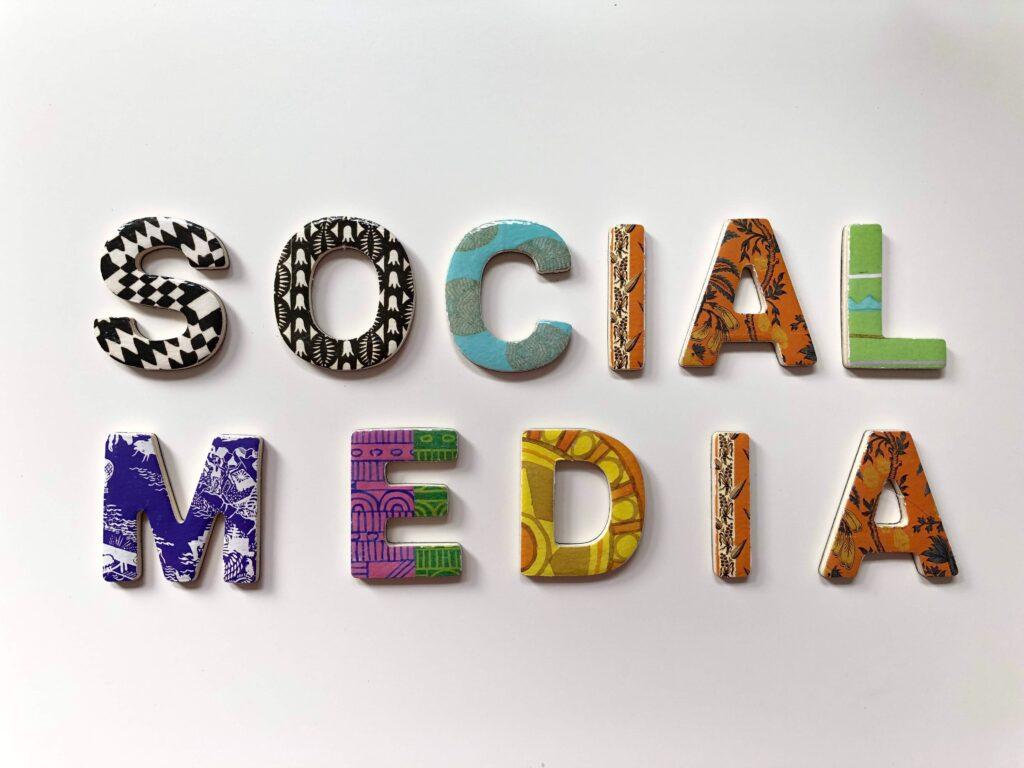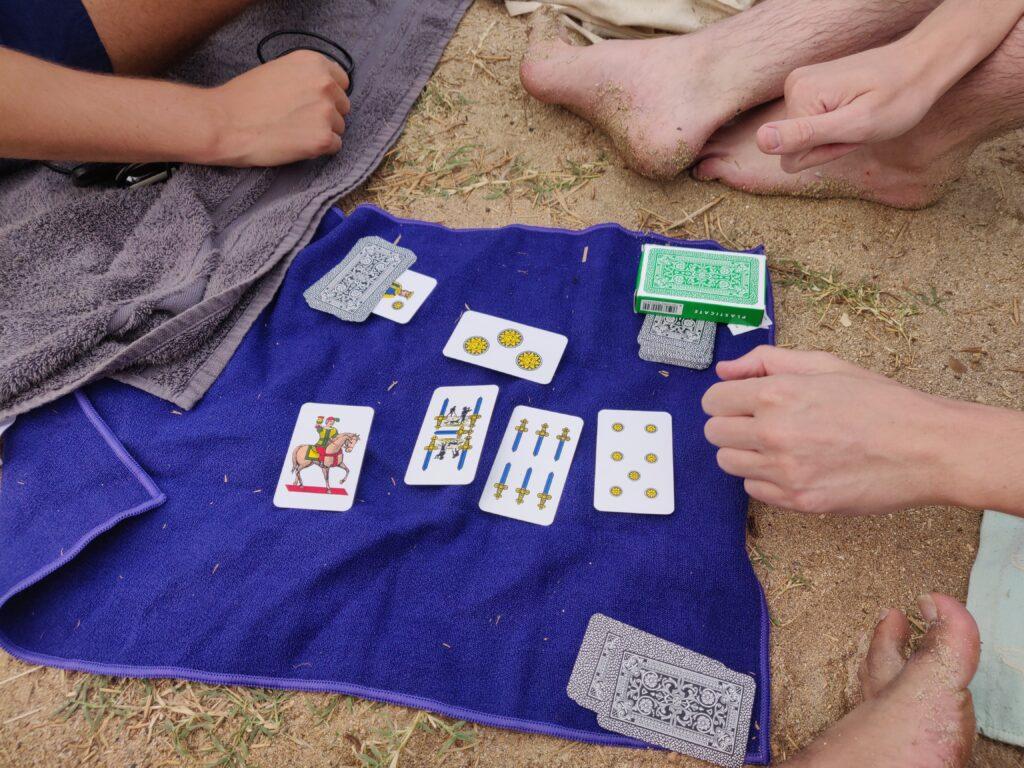
I’ve been having issues sleeping in the last few weeks. I fall asleep quite easily, but I have a tendency to wake up in the middle of the night. Sometimes I manage to fall back asleep for a mediocre night’s sleep, but some nights (including two nights ago) I woke up in full alertness and was awake from 3am.
When I’ve mentioned my sleeping issues to friends and colleagues, a few tips come up – perhaps doing more exercise during the day, or doing something relaxing to help me fall asleep. But, I’m already doing these things, and whilst there is always room to improve, small tips and tricks don’t actually address the underlying issue – my mind is overly stimulated and I spend more time in alertness than relaxation during the day. I don’t think this will be ‘fixed’ overnight. But I also recognise that I don’t need to be defined by my tiredness or lethargy, nor let it overly negatively affect my life.
In previous times, I would start cancelling plans, stop going to yoga classes and spend more of my time ‘resting’ at home to solve the issue. I now realise that if anything that would just make things worse – I would cut myself off from the things I enjoy, fall back on my commitments and spend more time focussing upon the fact I feel tired, which would inevitably make me feel worse. So instead, I continue with my life, even if I feel tired.
I’m glad I’ve had this shift. For example, I’ve had a few calls that I was tempted to cancel, only to do them and feel massively energised by a stimulating conversation. It’s also nice to see the gains I’ve had with my own fitness and health goals despite a lack of sleep. Naturally I do not want to overexert myself, but I can simply go about my life and do a bit less, rather than cancelling everything which would probably lead me to wallowing in self pity.
Since I’ve had more waking time, I’ve also had more time reading. I’ve been revisiting Michael Neill’s Inside-Out Revolution, a book which explores Sydney Bank’s Three Principles and how we frame the world. It was here I came across something that genuinely blew my mind, and shifted my perspective on how I ‘deal’ with the problem I have;
“Another example of this pre-existing intelligence is the human body. It’s designed to heal itself. If I cut my finger, I don’t need to get overly involved in the process of clotting the blood, creating the scab, or growing the new skin. That’s the intelligence behind the physical system at work.
As far as I can tell, the same thing is true of the mind. It’s designed to clear itself out all the time and return to quiet and clarity. It’s like a self-cleaning cat litter tray – the cat poops, the tray senses the extra weight, and the arm comes up and clears the poop away.
Now the moment you understand that, you’re off the hook. Because the system is designed to take care of your mental hygiene, you don’t have to.”
Our minds go through pain, but we don’t actually have to do anything to heal it. If we trust the process of letting our minds be, it will return to its natural state of health and wellbeing without us interfering with the process.
This was an absolute gamechanger for me. Even if I’m currently in the midst of stress and anxiety, I don’t have to do anything to actively ‘solve’ it. I don’t need a long holiday, health detox or three hours of meditation. The mind will return to health anyway. I can simply relax and let life be. Even writing this statement gives me a massive release from built-up anxiety.
The reason we do not return to this state of mental wellbeing is ourselves. It is ultimately us who spend time fixating on our own thoughts, often either in the past or in a future that won’t happen anyway. . The solution to a past trauma isn’t to do something nice like a spa day to counteract the negative feelings from a past trauma. The solution is to let the past trauma go.
The wider premise of this book is that our realities are created based upon our own thoughts. We may believe that our wellbeing comes from how other people treat us, but the fundamental point here is that it is instead our interpretation of the world, rather than the world itself which governs how we feel. This shift is incredibly powerful and liberating because it gives us back agency to live our own lives how we want to, rather than being victims of circumstances.
So for me, I don’t have to do anything to ‘solve’ my lack of sleep. I am going through a period of intense change in my life, but that will pass. I’ve slept well before. And I’ll sleep well again.








